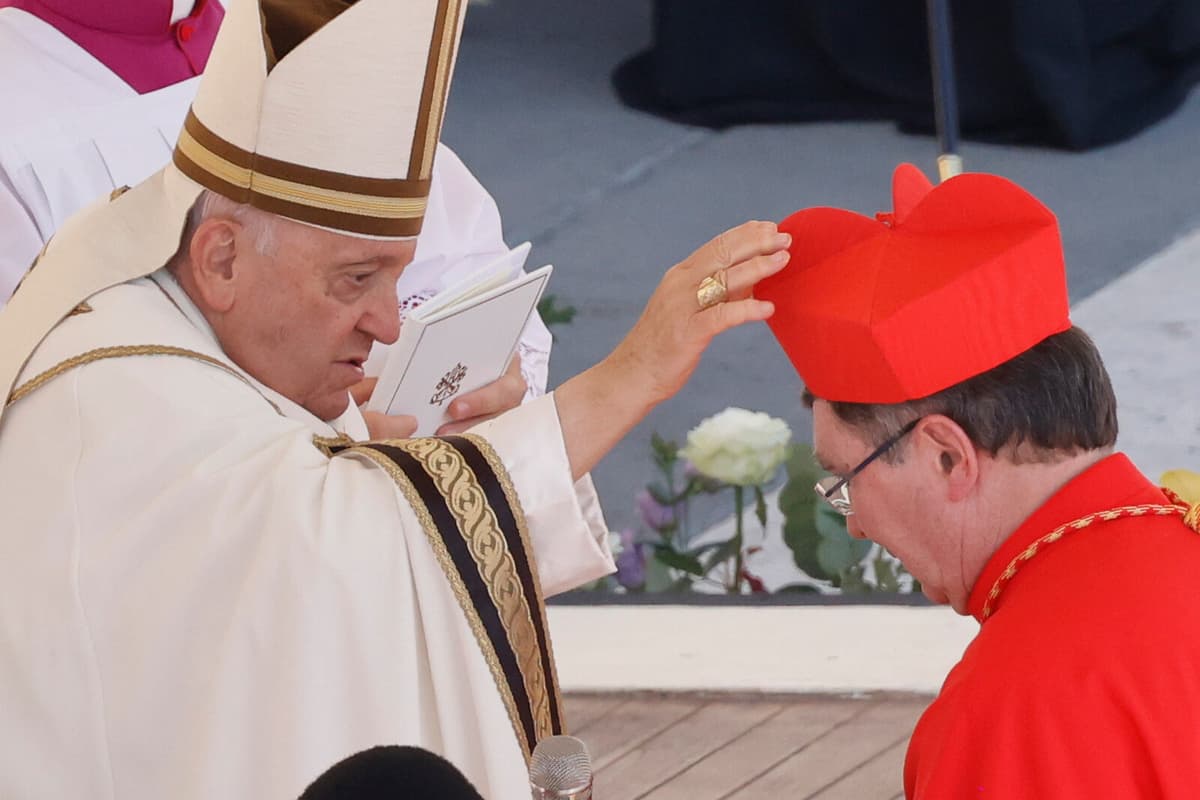His greatest contribution is how he has rearranged the church, according to Tobias Hägerland, university lecturer in religious studies and theology at the University of Gothenburg.
He has made very many reforms of the curia, the administrative apparatus in Rome. He has reorganized it very much.
It has, among other things, been about radical reforms concerning who can hold leading positions.
In the beginning of the year, a nun was appointed to lead a government agency that traditionally was for bishops and priests, so one can say that he has brought in female leadership in the Vatican.
"Changed perspective"
The Pope has also had great significance for the image of the Catholic Church. That he was Latin American highlighted how large a part of the world's Catholics live in the southern hemisphere and the commitment to the climate and the world's poor has played a major role.
He may have tried to steer away a bit from questions associated with the Catholic Church in a negative way. Thus traditional moral issues, such as sexual morality. It's not that he has left those questions, but he has made a kind of attempt to change the perspective on the church, primarily in the Western world.
At the same time, the Pope was controversial for many.
The issues surrounding, for example, immigration are so hot in Western Europe and the USA. There, Francis stood for a clear line that states should take their responsibility. He has often appeared as quite left-wing. But he has also been very traditionally conservative when it comes to values around family.
"Autocrat"
Francis' time on the throne proves how great power a single Pope has, according to Hägerland.
The Pope is an autocrat. He has absolute authority. There is no instance that can depose him or vote him down. Francis has been quite hard on his critics and has not hesitated to depose bishops who he perceives as disloyal.
What kind of successor is waiting is difficult to predict, he thinks. Most of the eligible cardinals are appointed by Francis himself. But there is also a strong opposition.
It can also become a quite polarized process, I think. The part of the college that wishes for a return to a more conservative appearance may drive it extra hard.
There is also a tendency to choose something other than what one just had, according to Hägerland.
I think it was Göran Hägg who wrote that every other Pope has been thin and thinking and every other fat and popular. And it's quite true, actually. Now we might get a lean and introverted theologian.






